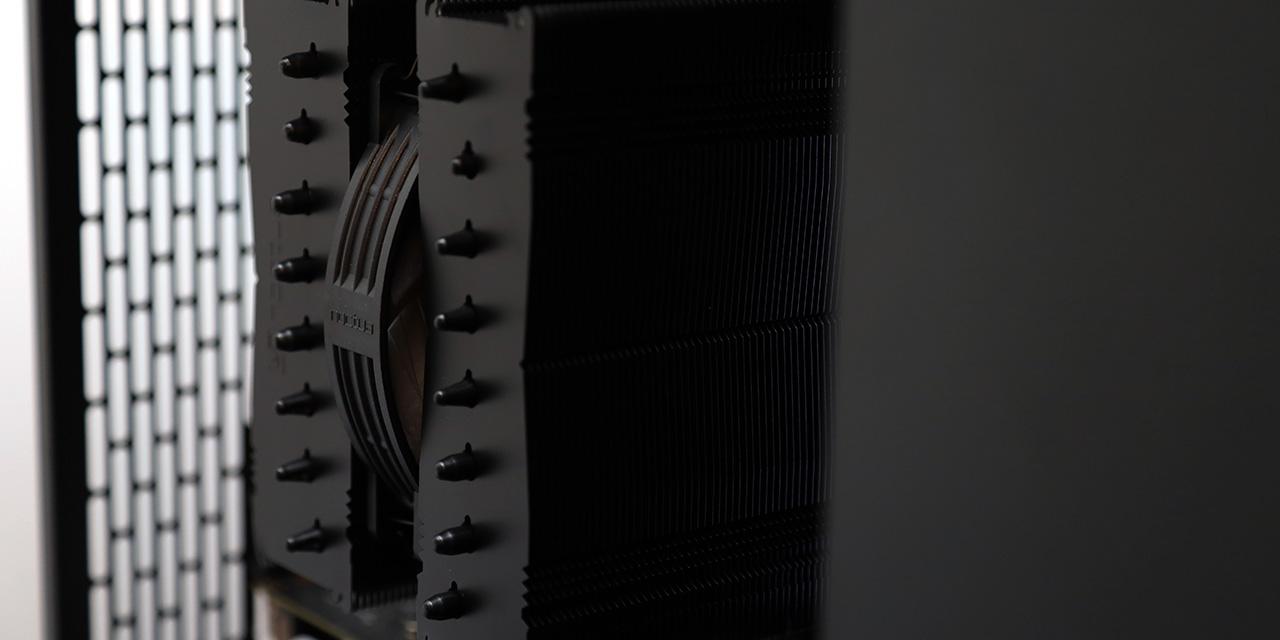VIA Unveils Mini-ITX's on Steroids: Em-ITX
|
From Tom's Hardware: The new Em-ITX form factor a open industry standard defined by VIA offering up to 200 percent more I/O real estate in a 30 percent smaller footprint measuring only 12 x 17cm. The Em-ITX form factor includes unique dual I/O coastlines and an exclusive Em-IO... |





